Graham Reid | | 2 min read
Now We're Thru
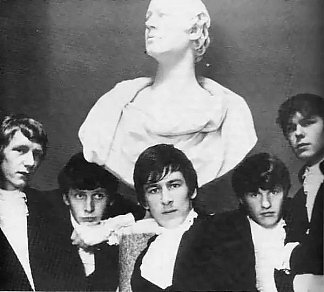
Almost 25 years ago the obscure label Dynovox released a compilation of material by the Sixties band The Poets under the attention-getting title “Scotland's No 1 Group”.
Since the Sixties there would be any number of bands from north of the Border would might more fairly claim that title, but the Poets were real contenders in their time.
Marmalade might have given them a challenge but the Poets could just take it on countback because – unlike so many bands of that mid-to-late Sixties period – they wrote most of their own songs.
And they were often great songs with a strong melodic quality which put them in the same zone as the Zombies, the Moody Blues and Ray Davies.
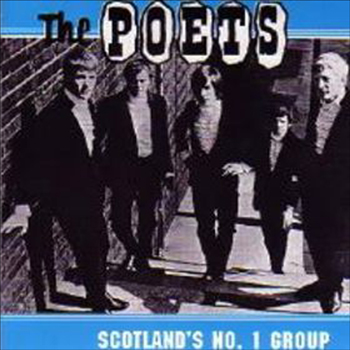 They coulda been contenders too because early on they fell under the management of Andrew Loog Oldham (the Stones manager) and recorded with him for Decca then his Immediate label.
They coulda been contenders too because early on they fell under the management of Andrew Loog Oldham (the Stones manager) and recorded with him for Decca then his Immediate label.
They could knock out rhythm and blues pop-rock but their singles and b-sides collected on the 2014 album Wooden Spoon shows how they favoured a lighter and slightly psychedelic touch.
They weren't averse to mainstream ballad pop (There Are Some), their excellent handclap That's the Way It's Got to Be is a shoulda-been hit (think the moody Zombies) and its sentimental 12-string flipside I'll Cry With the Moon shows how profligate of talent they were to let such a ballad be relegated.
That's The Way It's Got To Be
In Your Tower was also a b-side, a piece of slightly droning 1967 psychedelic pop which owed a little to Indian music and Brian Jones influence in the Stones at that time. But quite understated because they were still a pop band.
In Your Tower
The title track of the compilation captures them at their most straightforward rocking with an impressive whining guitar part by Hume Paton with singer and key songwriter George Gallacher (often writing with Paton) close to Stevie Marriott's soulful r'n'b.
Out of Glasgow, the Poets adopted a look not dissimilar to the early Kinks but were never in thrall of anyone's influence, rather they adopted some of the sounds around them and transmuted them into originals with Oldham and -- for their cover of the Marvin Gaye song Baby Don't You Do It -- Paul Raven (later to be Gary Glitter) who was Immediate's in-house producer.
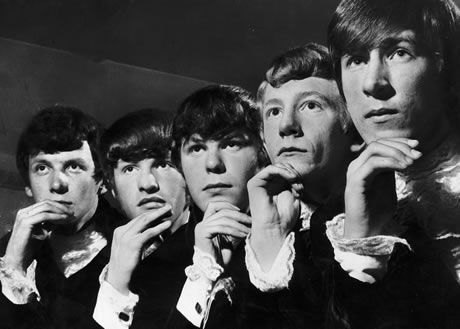 Whether it be a kind of Sixties dream-pop (Some Things I Can't Forget), acoustic folk-rock (I'll Come Home), the strangely disorientating Now We're Thru (courageously their first single on Decca) or the weightless I Am So Blue (also not an obvious single when its more upbeat but similar I Love Her Still was on the b-side), the Poets are well worth discovering.
Whether it be a kind of Sixties dream-pop (Some Things I Can't Forget), acoustic folk-rock (I'll Come Home), the strangely disorientating Now We're Thru (courageously their first single on Decca) or the weightless I Am So Blue (also not an obvious single when its more upbeat but similar I Love Her Still was on the b-side), the Poets are well worth discovering.
Whether it was the poor choice of singles, lineup changes or just the sheer number of competitors at the time, the Poets never quite got their due and ended in late '67 with various personal and internal disputes.
The main songwriters have all since died: Hume Paton in 2011 and George Gallacher the following year.
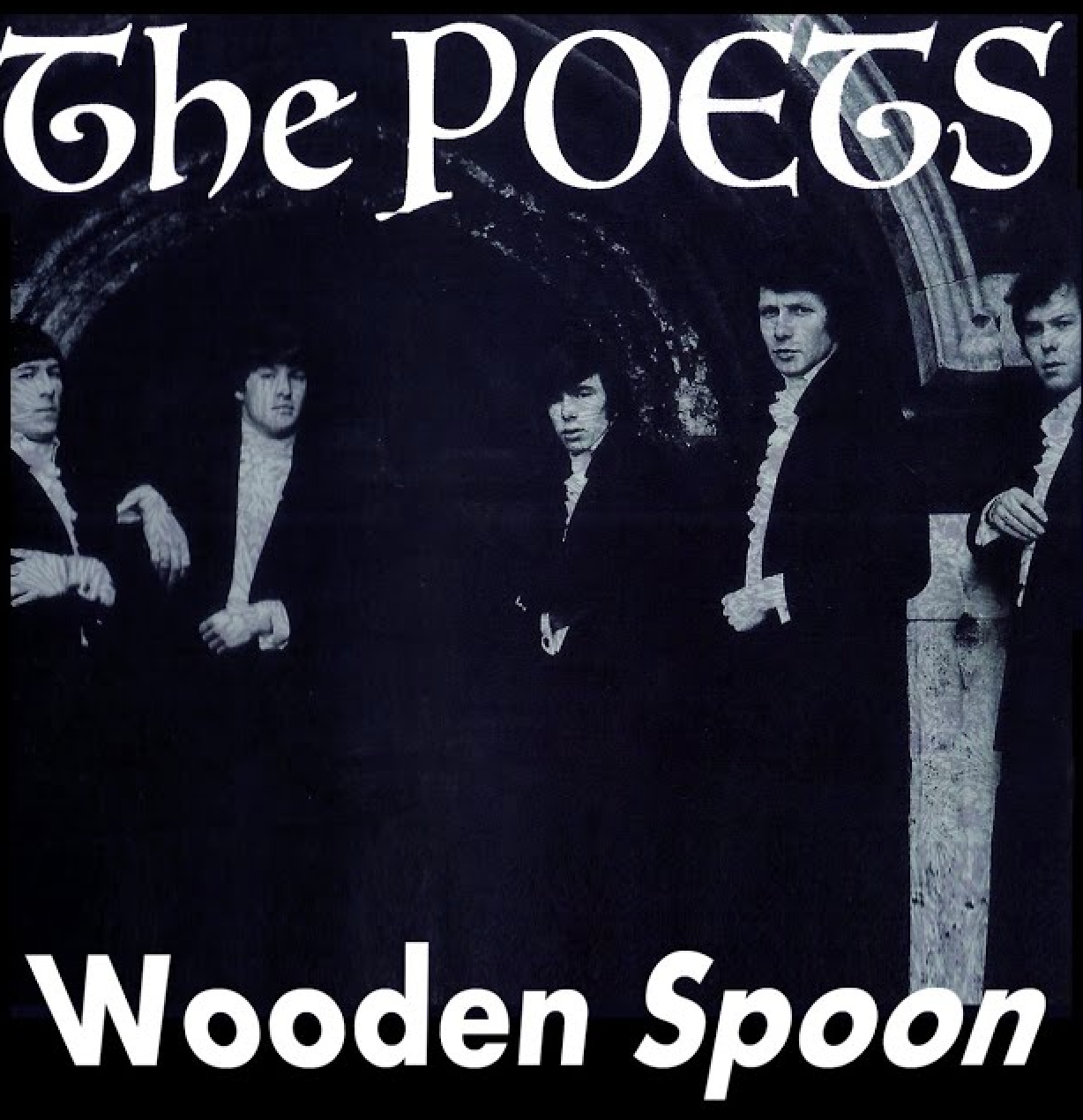 Like the more successful Badfinger in the Seventies, the Poets were one of those bands whose potential was never fully realised or even acknowledged. If the Zombies, Easybeats in toned-down mode, Moody Blues and lightlydelic music ever meant anything to you . . .
Like the more successful Badfinger in the Seventies, the Poets were one of those bands whose potential was never fully realised or even acknowledged. If the Zombies, Easybeats in toned-down mode, Moody Blues and lightlydelic music ever meant anything to you . . .
Even if they weren't Scotland's No 1 Band in the Sixties they were as close as anyone came.
The evidence is on the Wooden Spoon collection of their impressive singles and equally fine b-sides.
.
You can hear Wooden Spoon on Apple iTunes. It is not on bandcamp or Spotify.

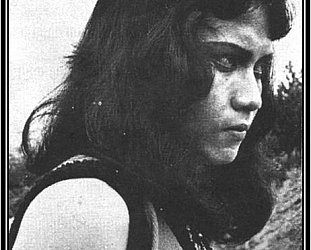
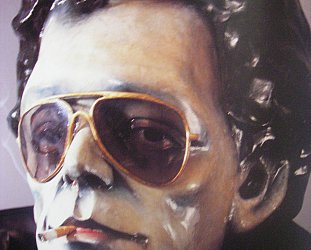
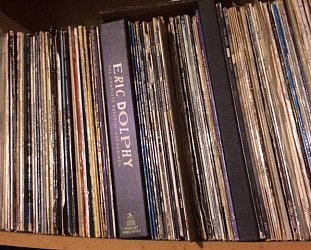

post a comment